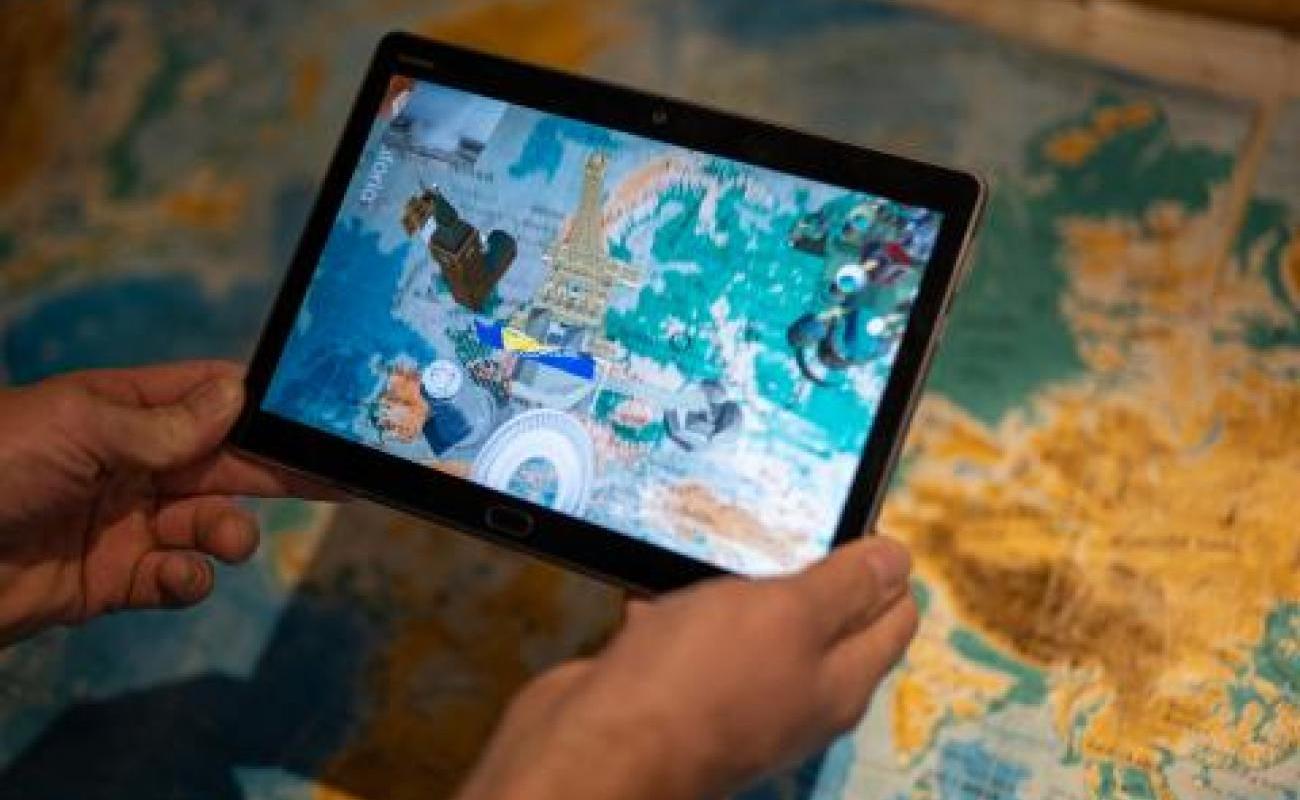The University of Sarajevo is launching a platform to improve the digital and pedagogical competencies of teachers

With the growing importance of technology in education, teachers must possess digital competencies to effectively integrate technology into their teaching practice. At the same time, it is important that teachers have pedagogical skills that will enable them to engage and motivate students. In order to respond to this need, the University of Sarajevo has created a platform that offers a series of resources designed to improve the digital and pedagogical competencies of teaching staff.
The DigiEdu online platform is designed to help teachers improve their digital and pedagogical competencies, and provides an opportunity for the development of high-quality, inclusive and accessible higher education. The platform is the result of selfless investments by our partners and donors: the Ministry of Science, Higher Education and Youth, UNICEF and the U.S. government through USAID, and the Erasmus+ PARTISH project. The platform will be available to teaching staff of all levels of education, as well as future teaching staff, and provides a range of innovative tools and resources to support teachers in developing their skills and using modern teaching methods.
"We are pleased that we launched this platform with the help of donors, and in order to support the professional development of teachers and help them provide their students with high-quality teaching experiences," said the rector of the University of Sarajevo, prof. Ph.D. Rifat Škrijelj.
"Quality education, as well as success in the field of science in general, depends on the quality of the ecosystem of higher education, science and innovation, that is, the quality of the environment for learning and teaching. The satisfaction and creativity of all participants, especially professors, shape the quality of the ecosystem. Digiedu, as a project that empowers actors of the ecosystem, represents the strategic commitment of the ministry, but also of higher education and scientific research institutions of KS. This is a generational project because it lays the foundation for the systemic empowerment of all actors," said the Minister of Science, Higher Education, young prof. Dr. Aleksandra Nikolić.
The platform will initially offer ten certified online courses, and the long-term plan is its continuous upgrade, and will include additional training aimed at the needs of teachers, interactive workshops and a comprehensive library of educational resources such as lesson plans, teaching guides and case studies, etc. Teachers can use the platform to learn about new teaching strategies, improve their digital skills and access the latest educational tools and resources.
Courtney Chubb, director of the USAID mission in Bosnia and Herzegovina, emphasized that investments in building and improving the competence of teachers are of key importance for the development of the country. "Improving the quality of education is at the center of further economic development of Bosnia and Herzegovina. USAID is proud of our cooperation with UNICEF and other partners to build the education system's resilience and strengthen it for the 21st century."
Dr. Rownak Khan, UNICEF Representative in Bosnia and Herzegovina, underscores the significance of cooperation with academia and the vital role of strong partnerships, exemplified by this initiative, in enhancing current teaching practices and preparing the next generation of educators to deliver quality, inclusive education. UNICEF is steadfast in its commitment to equal opportunities for all and optimistic that the platform will continually provide pertinent digitized courses to support educators in strengthening their competencies to meet the demands of quality and inclusive education.
